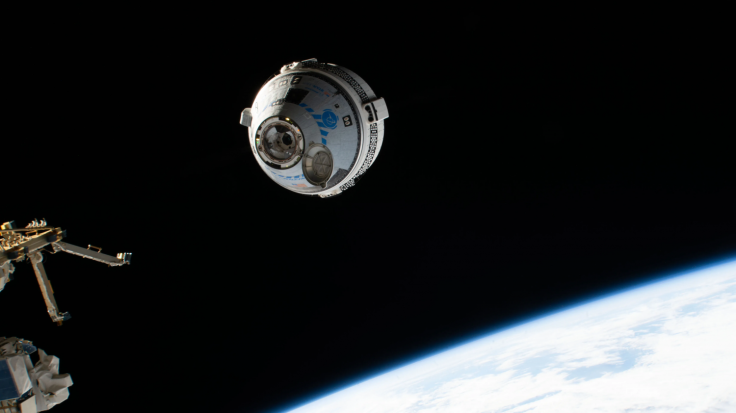A new report from NASA's inspector general revealed that Boeing has been performing under poor quality control practices which could be behind the delays and over-budgeting.
The report showed that Boeing's workforce has had insufficient aerospace production experience, which affected the performance and quality of its products.

NASA Discovers Quality Control Issues With Boeing
NASA's program which intends to open the new upper stage for the Space Launch System Rocket is already seven years behind its schedule and has significantly exceeded its budget, as per the new report. The plan is slated to be ready in time for the Artemis IV mission that is set for 2028.
"We found an array of issues that could hinder SLS Block 1B's readiness for Artemis IV including Boeing's inadequate quality management system, escalating costs and schedules, and inadequate visibility into the Block 1B's projected costs," the report stated.
In addition, the inspector revealed that Boeing has been lacking in providing trained and qualified staff to produce the parts and components needed. The situation could further increase the risk of manufacturing parts that fall below NASA's standards.
NASA has Reportedly No Plans to Penalize Boeing
NASA deputy inspector general George A. Scott stated that Boeing's current issue is the cause of the significant number of program delays and increased budget. The report recommended financial penalties for the company's lack of compliance.
However, NASA has reportedly declined the suggestion and stated that the penalties are "outside the bounds of the contract." NASA deputy associate administrator Catherine Koerner said that other authorities could implement the ramifications for noncompliance.
The upper stage program's Block 1B cost is estimated to reach up to $5.7 billion before it launches. NASA previously stated that the development cost would only cost $962 million back in 2017.









